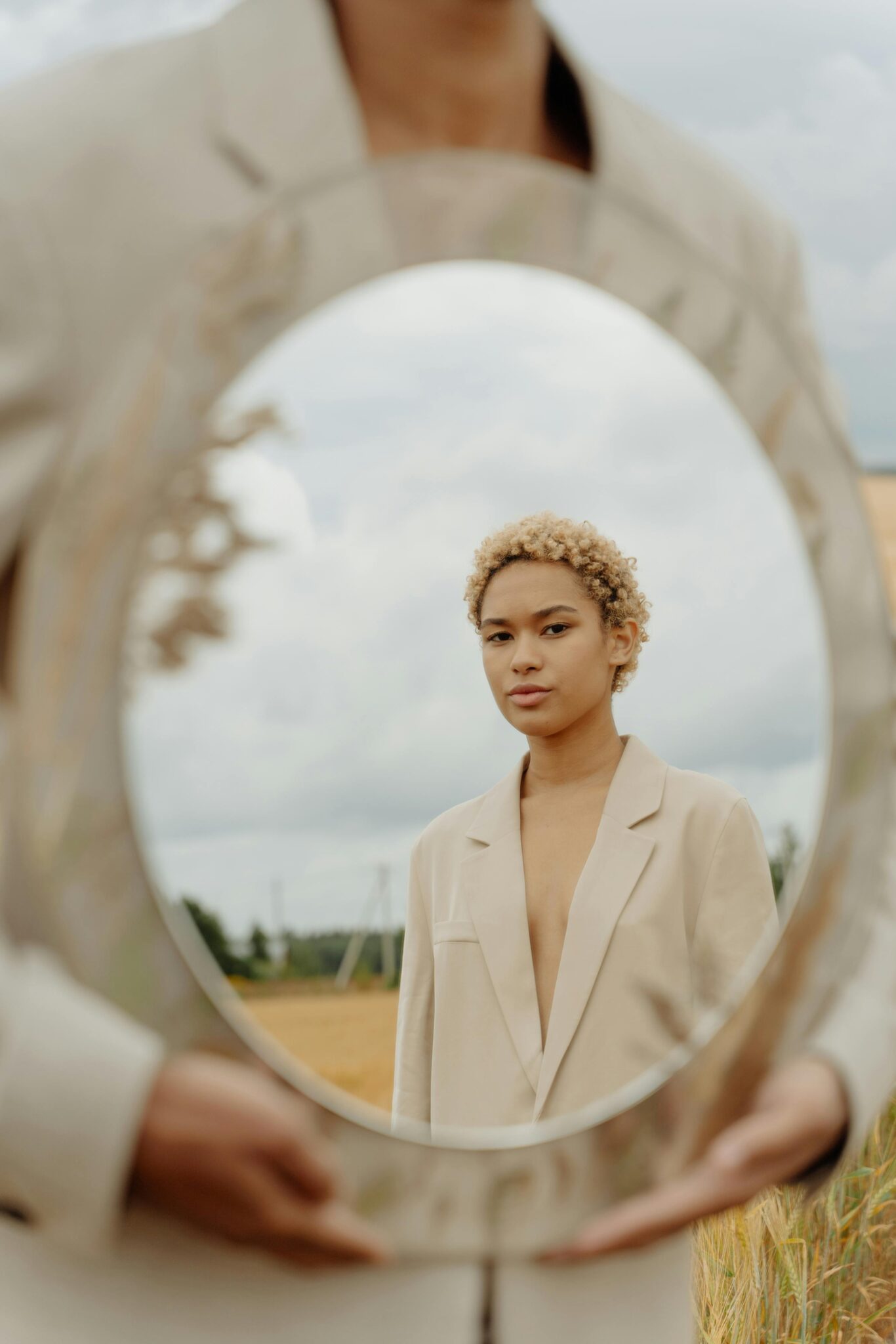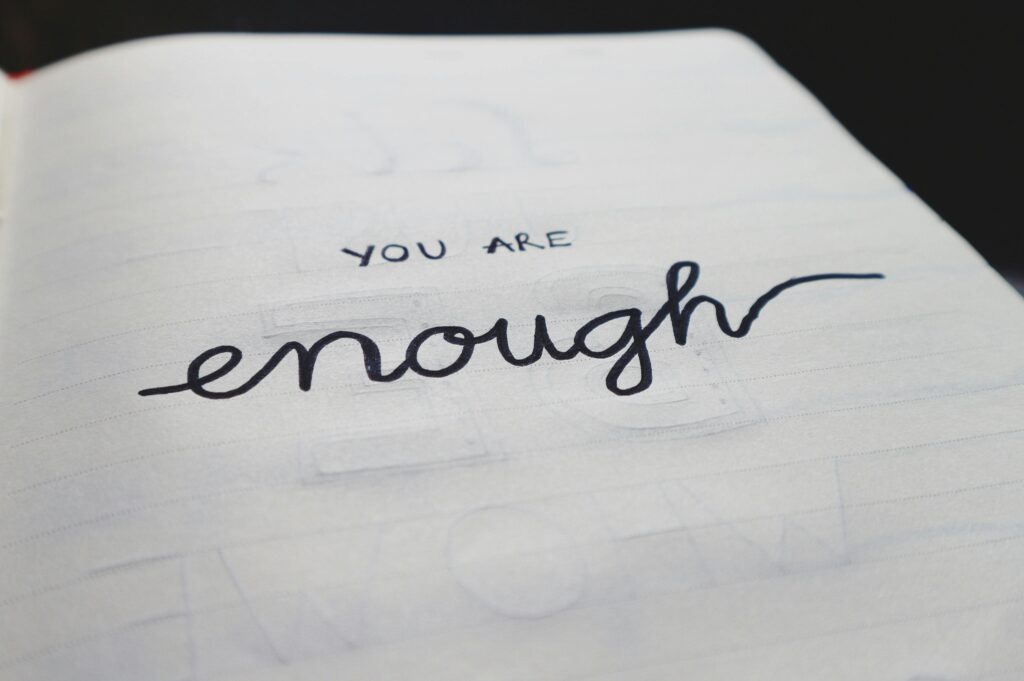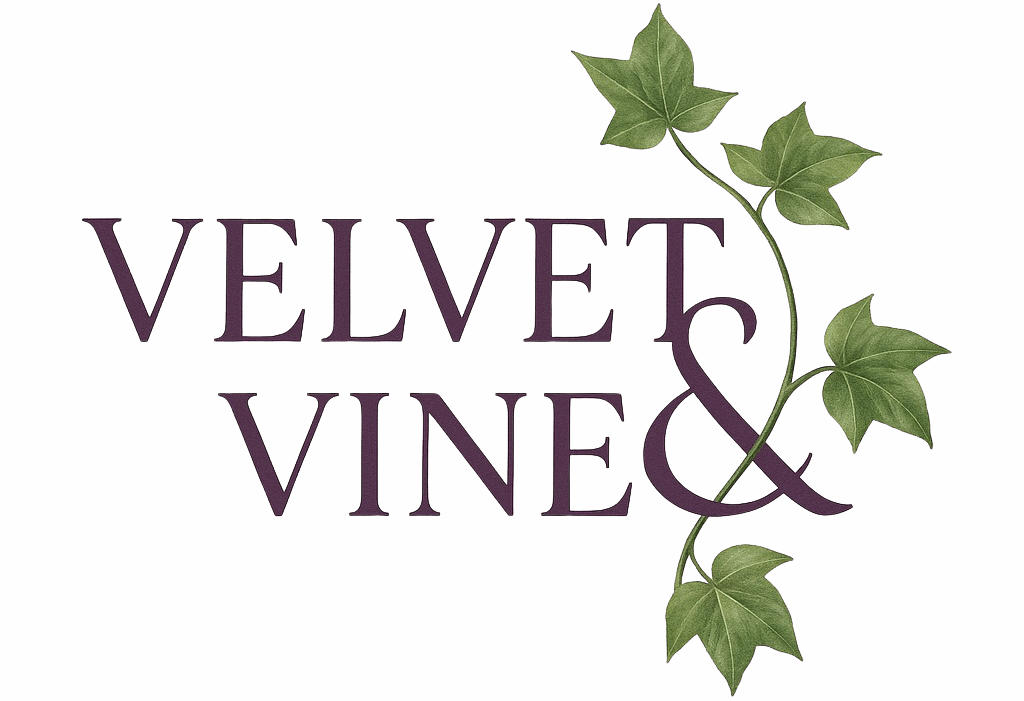Invisible Scars: The Weight of Being “Too Much”
You’ve heard it in different forms:
- “You’re too sensitive."
- “You’re overreacting.”
- “Why can’t you just calm down?”
Maybe they said it gently, or maybe they threw it at you like a weapon.
Either way, it left a mark.
Not on your skin—but somewhere deeper. Somewhere that still flinches when you feel big feelings.
The Myth of Proportionality
We are taught that there’s a ‘right’ amount to feel. A right pace to process. A correct volume to carry our pain.
Anything beyond that becomes suspicious, excessive, inconvenient.
For queer, trans, neurodivergent, and disabled people, our feelings often break the mold.
We don’t always compartmentalize neatly.
And when those feelings spill over, we’re told to shrink. Smile. Be easier to love.

But what if your emotions aren’t too big? What if the world just doesn’t know how to hold them?
Too Much is Often Code for 'Too Honest'
What if ‘too much’ is what happens when truth is inconvenient?
When your grief interrupts someone’s comfort.
When your joy outshines someone’s restraint.
When your fear disrupts the script.
Being ‘too much’ often means refusing to pretend.
It means feeling fully, even when it would be easier to numb.
It means holding depth in a shallow world.
And yes—it can hurt.
The Quiet Grief of Being Misunderstood
There’s a particular ache that comes from being misread. Not because you failed to explain—but because you *shouldn’t have had to*.
But instead, you learned to censor. To mute.
To second-guess your own intensity.
You learned to laugh quietly. Cry privately. Ask for less.
This grief is quiet. But it is not small.
You deserve to be known in your fullness.
Reclaiming the Full Spectrum
You are not too much. You are too rarely met with enough.
There is space for your tears, even the ones that come without warning.
There is room for your excitement, even when it’s inconvenient.
There is validity in your dread, even when others don’t understand.
You don’t need to shrink to be loved.
You don’t need to perform calm to earn safety.
You don’t need to explain your fear in order for it to matter.

What Enoughness Might Look Like
- People who don’t flinch when you cry.
- Friends who text back after the hard conversation, not just the light one.
- Spaces where you don’t have to translate your feelings into 'acceptable' formats.
- Routines that center your needs, not your productivity.
- Language that reflects your internal world—not flattens it.

Enoughness is not a future goal. It’s a daily practice. It begins with how you speak to yourself.
You Were Never Broken
Your bigness is not a flaw.
Your sensitivity is not an error.
Your emotional depth is not a liability.
It’s what allows you to see. To connect. To feel resonance in a world dulled by detachment.
The parts of you that were too much for others might be exactly what someone else is praying to find.
And you deserve relationships, spaces, and rituals that reflect that back to you.

You are not a burden.
Closing Reflection
The scar of being called too much may not show, but it shapes how you breathe, trust, and hope. Let it be a reminder—not of your wrongness, but of your resilience.
You are allowed to take up space.
In your emotions. In your presence. In your life.
You are already enough. And there is nothing wrong with being full.

